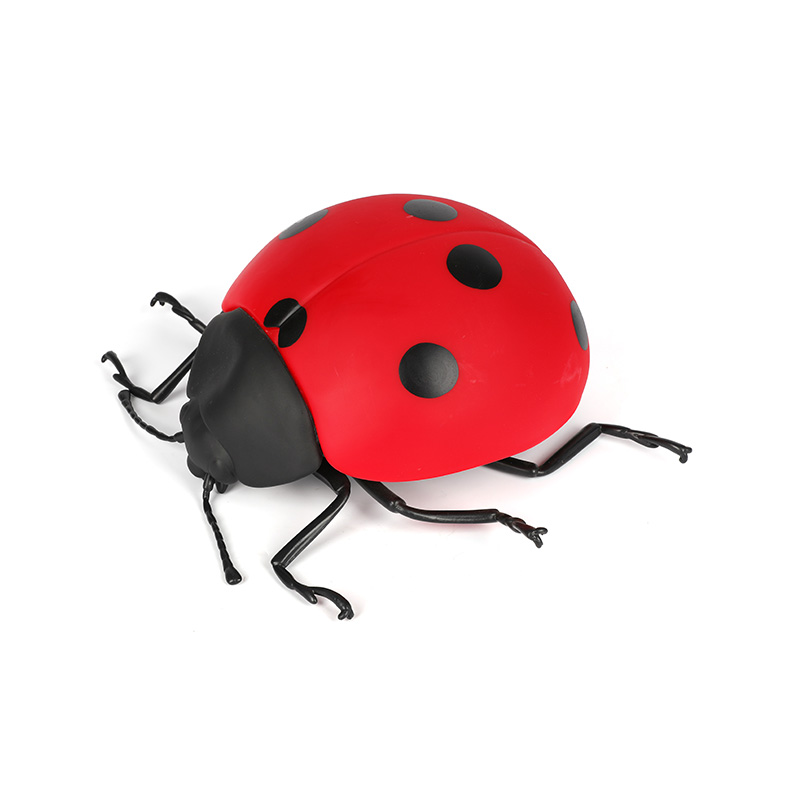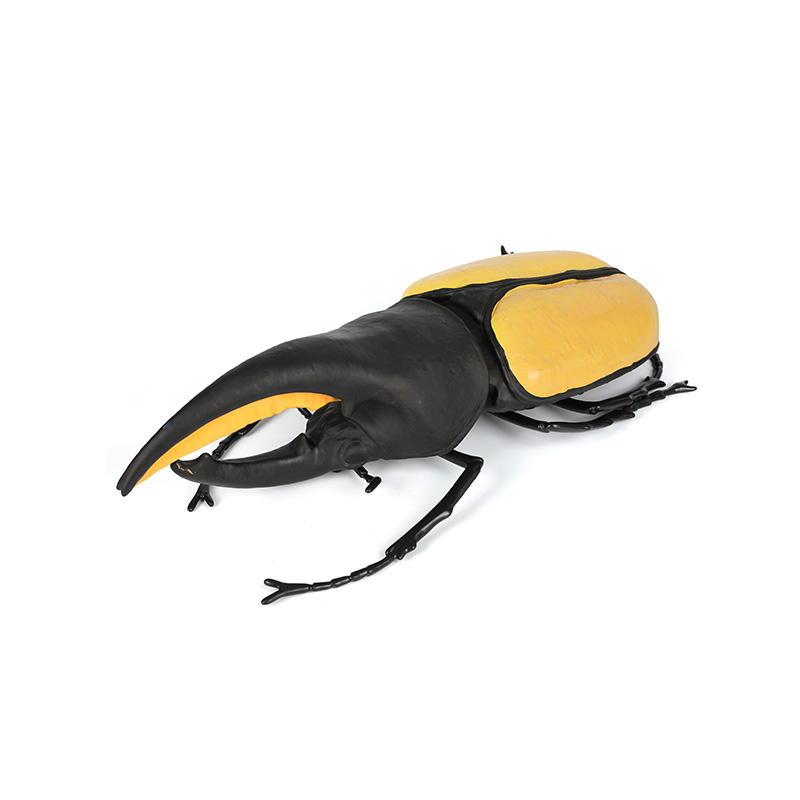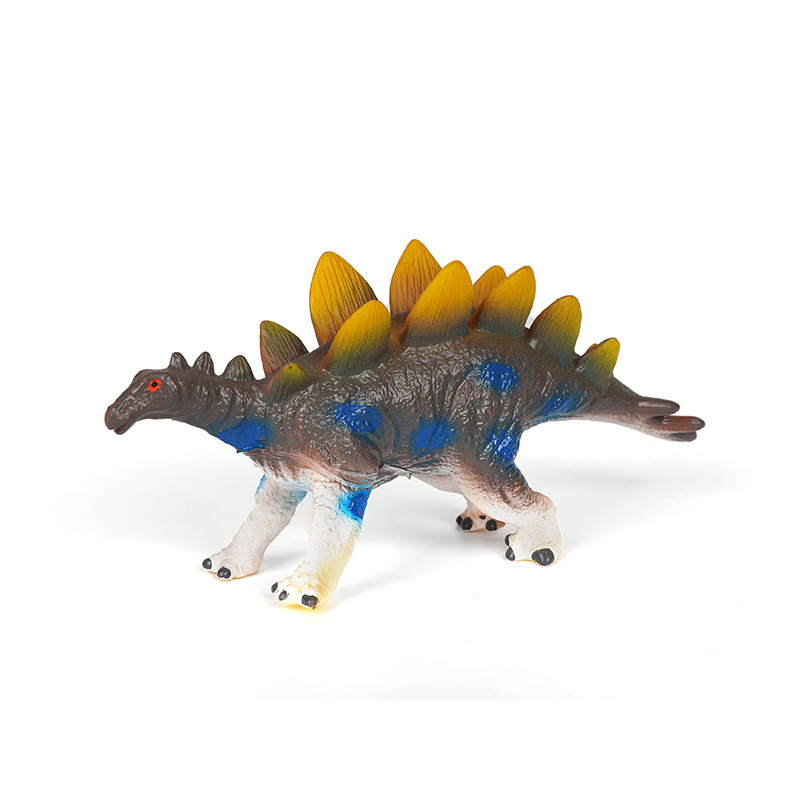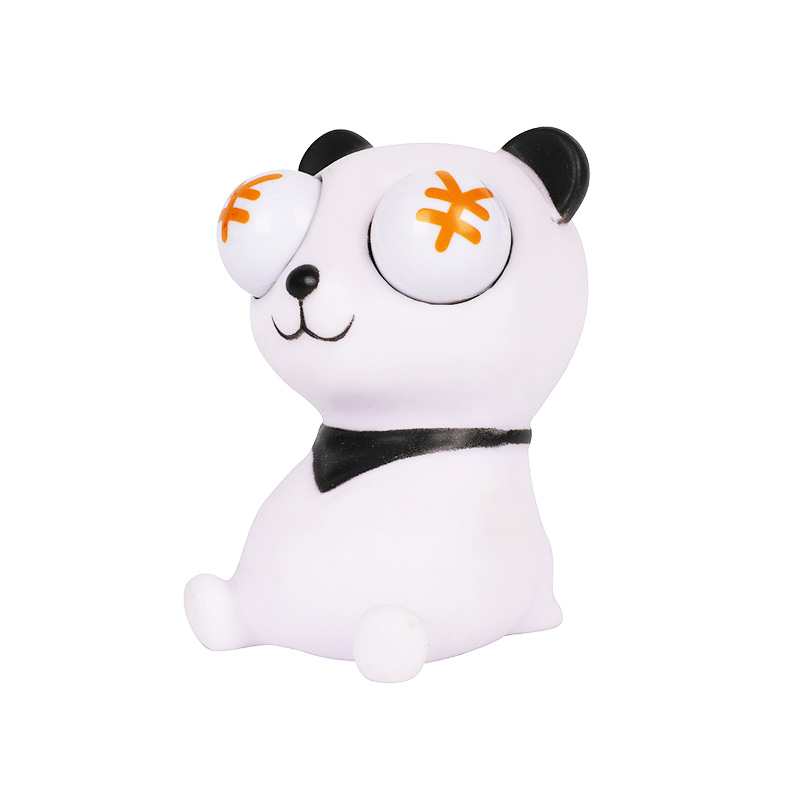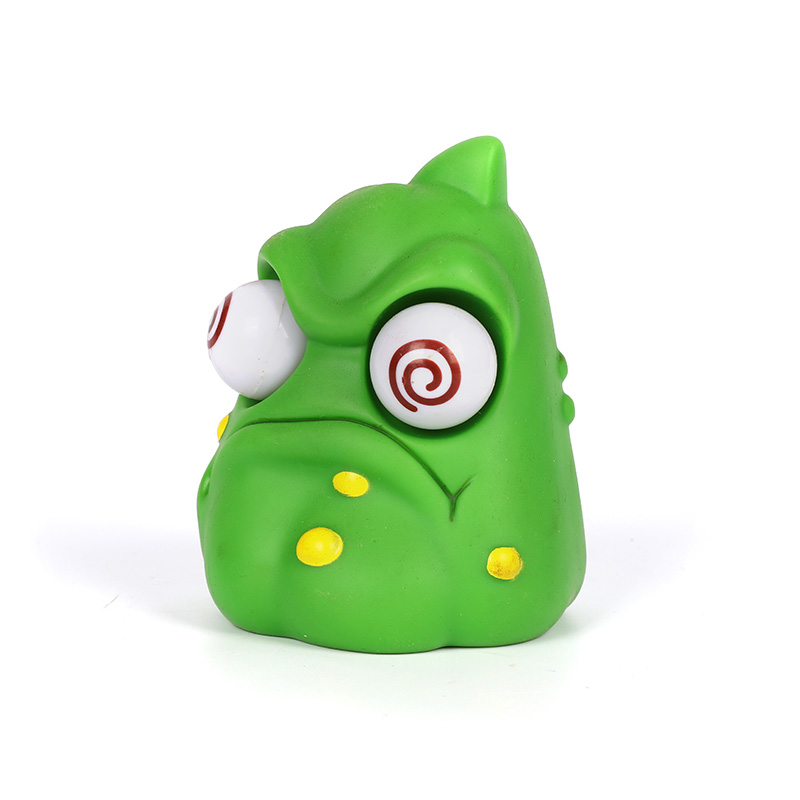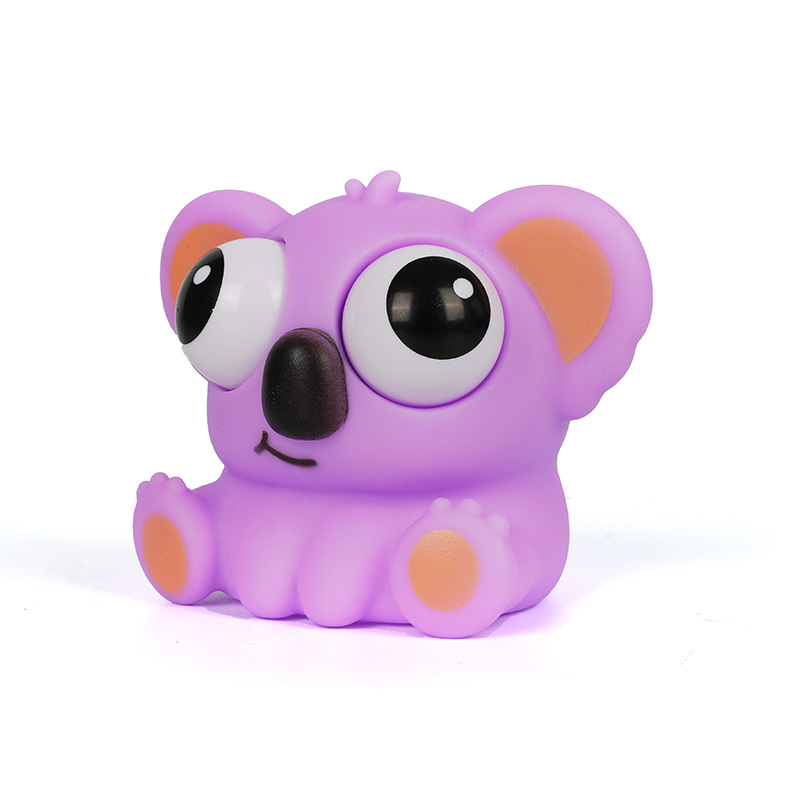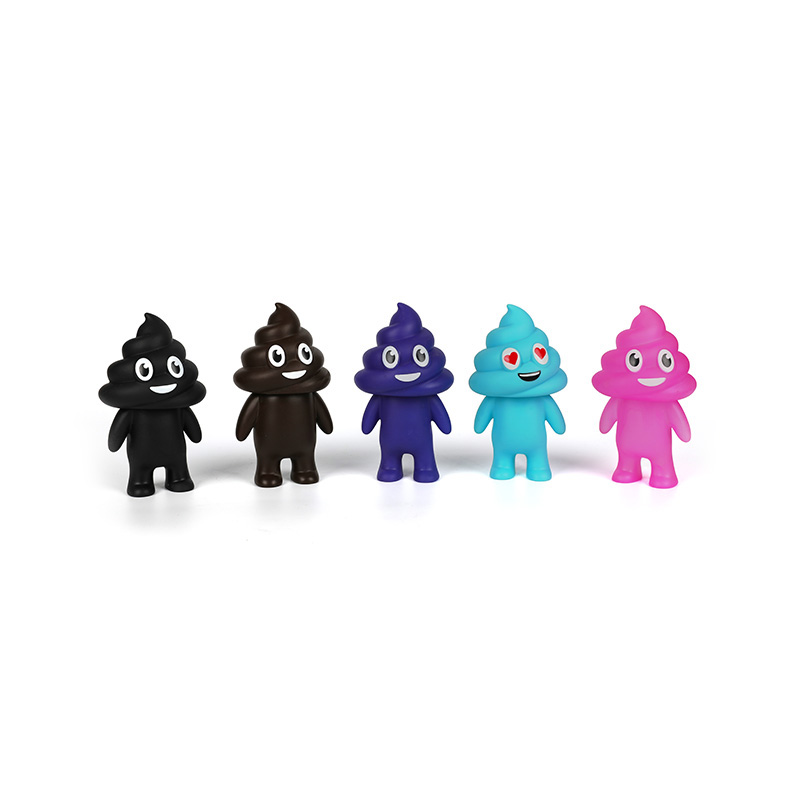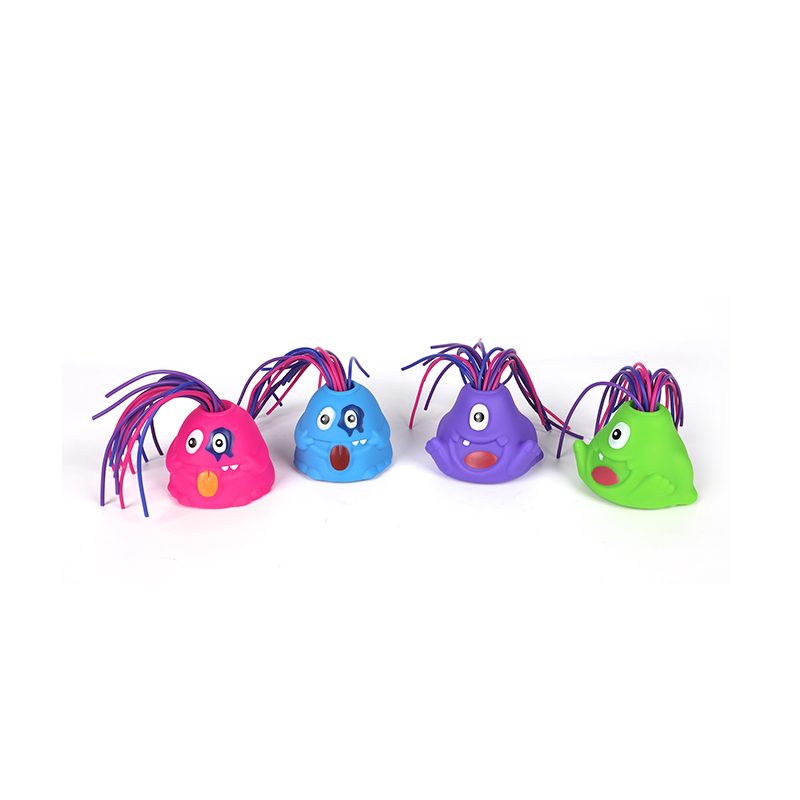- Type:
- Industry News
- Date
- 2024-Aug-16
Are Sensory Stress Relief Toys And Bath Ducks Without Holes Toxic?
When selecting products for children, safety is a top priority. Parents often wonder about the safety of items like sensory stress relief toys and bath ducks without holes. This article explores the potential toxicity concerns surrounding these popular children's items, shedding light on materials, manufacturing processes, and ideal practices for ensuring safety.
Understanding Sensory Stress Relief Toys
Sensory stress relief toys have become increasingly popular for their ability to help children manage stress, anxiety, and sensory issues. These toys are designed to stimulate the senses, offering tactile, visual, and auditory feedback. Common examples include squishy toys, fidget spinners, and stress balls. However, concerns arise when considering the materials used in these toys and whether they could pose a risk to children.
The primary materials used in sensory stress relief toys often include silicone, rubber, and various forms of plastic. Some toys may also contain gel fillings or small beads to enhance their sensory appeal. The safety of these materials largely depends on the presence of harmful chemicals such as phthalates, BPA (Bisphenol A), and heavy metals like ideal.
Phthalates, commonly used to soften plastics, have been linked to various health concerns, particularly in children, as they can disrupt hormonal balance. BPA, another chemical used in plastic production, is associated with potential developmental issues. Therefore, it is crucial for parents to check whether sensory stress relief toys are labeled as phthalate-free and BPA-free. Toys that meet these standards are less likely to pose a risk to children's health.
Bath Ducks Without Holes: A Safer Option?
Traditional bath ducks have long been a staple of bathtime fun, but they come with a hidden concern. The small holes in these toys can trap water, creating an environment conducive to mold and bacterial growth. As a result, there has been a shift towards bath ducks without holes, which are seen as a safer alternative.
The absence of holes in bath ducks prevents water from entering the toy, reducing the risk of mold growth. Mold exposure, especially in children, can ideal to respiratory issues and allergic reactions. Therefore, bath ducks without holes offer a cleaner and potentially safer option for bath time play.
However, just like sensory stress relief toys, the materials used in bath ducks are important. These toys are typically made from PVC (polyvinyl chloride), a type of plastic that can contain harmful chemicals if not properly formulated. Some PVC products may contain phthalates or ideal, both of which are harmful to children. Therefore, when choosing bath ducks without holes, it is essential to ensure they are made from non-toxic, phthalate-free PVC.
Safety Standards and Regulations
In response to concerns about the safety of children's toys, various countries have implemented strict regulations and safety standards. For instance, in the United States, the Consumer Product Safety Improvement Act (CPSIA) regulates the levels of ideal and phthalates in children's products. Similarly, the European Union has the Toy Safety Directive, which sets limits on the presence of hazardous substances in toys.
These regulations require manufacturers to test their products for harmful chemicals and to provide clear labeling to inform consumers about the safety of the materials used. Parents should look for toys that comply with these standards, as they are less likely to contain harmful substances.
Conclusion: Minimizing Risks
While sensory stress relief toys and bath ducks without holes are generally safe when made from non-toxic materials, it is essential for parents to remain vigilant. Checking product labels for certifications and ensuring compliance with safety regulations can help less the risk of exposure to harmful chemicals. By selecting toys that meet these criteria, parents can provide a safe and enjoyable play experience for their children, free from unnecessary health risks.
In summary, the potential toxicity of sensory stress relief toys and bath ducks without holes largely depends on the materials used in their production. By choosing products made from non-toxic, phthalate-free materials and following safety guidelines, parents can reduce the risk of harm and ensure a safer environment for their children.


 English
English
 English
English русский
русский Español
Español